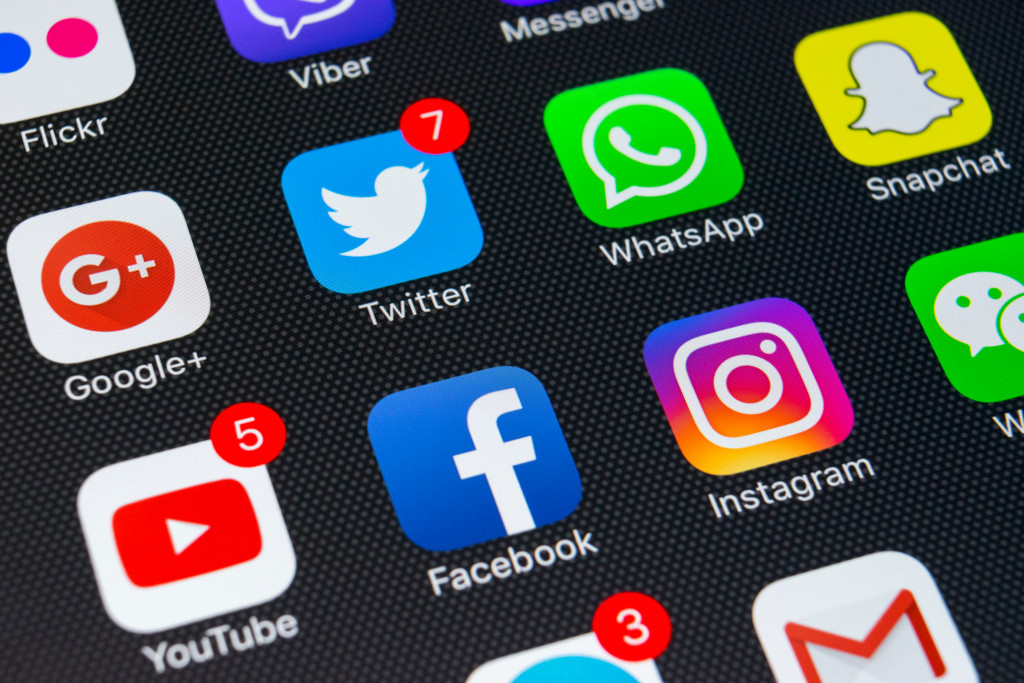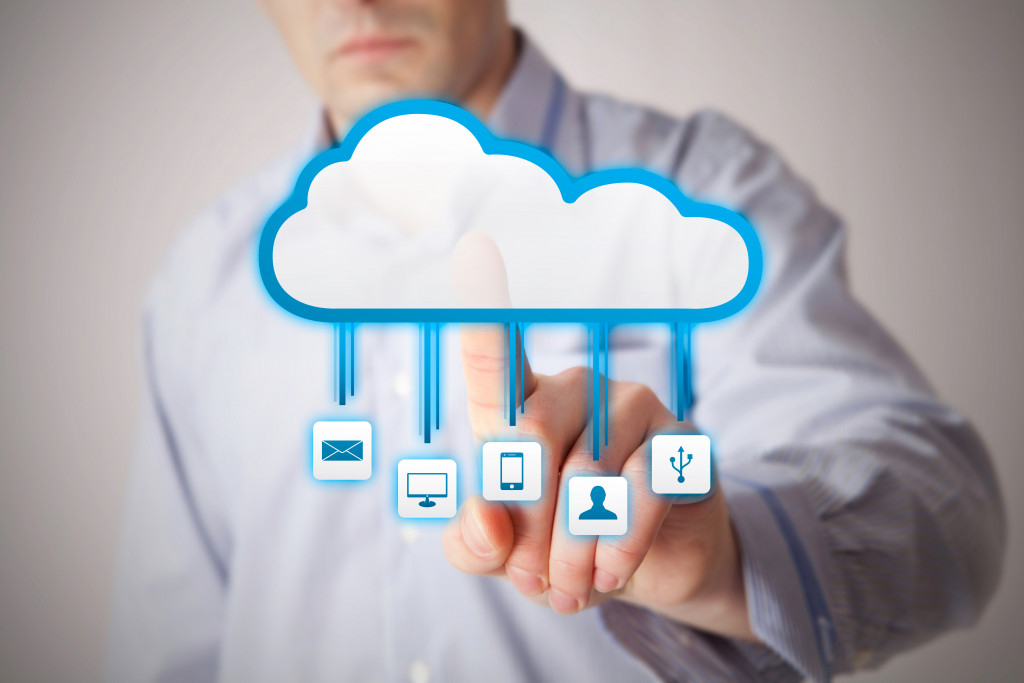Small businesses are the backbone of the economy, and they have always been at the forefront of adopting new technology. Here are some of the most recent tech developments and solutions to help small businesses stay competitive and grow.
1. Mobile payments
Mobile payments are becoming increasingly popular as they offer a convenient and secure way to make transactions. Small businesses can benefit from mobile payments in many ways, including reducing transaction costs, increasing sales, and improving customer satisfaction. When implementing mobile payment methods, it is important to choose a solution compatible with your existing systems and processes.
2. Cloud computing
Cloud computing is another technology that is rapidly gaining popularity. This technology allows businesses to store data and applications on remote servers, accessible from anywhere with an Internet connection. Some of the benefits of cloud computing for small businesses include lower IT costs, improved collaboration, and increased flexibility and scalability. Remember to carefully assess your needs before choosing a cloud computing solution, as many different options are available.
3. GPS tracking
This emerging technology is a great way to keep track of your company’s vehicles and assets. There are available services that offer GPS tracking for shipments, assets, and company vehicles to help you monitor where everything is in real-time. You can use this information to improve your company’s efficiency and optimize routes. You can also use GPS tracking for security purposes, such as deterring theft and keeping track of employees.
4. Big data
Big data is a term that refers to the large volume of data that companies now have at their disposal. This data can come from various sources, including social media, website traffic, and customer transactions. You can use big data to improve marketing efforts, product development, and customer service. When it comes to big data, small businesses need to find the right tools and partners to help them make sense of this information. Try to find a solution specifically designed for small businesses that can be easily integrated into your existing systems.
5. Social media
Social media is now an essential part of doing business. It can be used to promote your products or services, build relationships with customers, and generate leads. Small businesses need to have a social media presence on major platforms, such as Facebook, Twitter, and LinkedIn. But managing a social media presence can be time-consuming and challenging. There are a number of social media management tools available that can help small businesses save time and get the most out of their social media efforts.

6. Cybersecurity
As cybersecurity threats continue to increase, it is becoming more important for small businesses to implement security measures. There are several simple and effective cybersecurity solutions that small businesses can use to protect their data, including firewalls, intrusion detection systems, and anti-virus software. Make sure to keep your security measures up-to-date as new threats emerge. You can also consider investing in cyber insurance to protect your business in the event of a data breach.
7. Website design and development
Your website is often the first point of contact between you and potential customers. It is important to make sure that your website is designed and developed correctly. This includes making sure that it is responsive, user-friendly, and informative. Mobile optimization is also essential as more and more people are using mobile devices to access the Internet. If you don’t have the time or resources to design and develop your own website, there are many affordable and professional web design and development services available.
8. Internet of Things
The Internet of Things (IoT) is a network of physical devices, vehicles, home appliances, and other items that are connected to the Internet. This connection allows these devices to collect and exchange data. The IoT is already creating a major impact on businesses in the present. Small businesses can benefit from the IoT by using it to improve efficiency, track assets, and collect data. But before you start using the IoT, you need to make sure that your business is prepared for it. This includes having the right infrastructure in place and ensuring that your data is secure.
9. Virtual and augmented reality
Virtual reality (VR) and augmented reality (AR) are two technologies that are becoming more popular in the business world. VR allows users to experience an immersive, computer-generated environment. AR, on the other hand, overlays digital information in the real world. These technologies can be used for training, product development, marketing, and more. Small businesses can benefit from VR and AR by using them to create unique experiences for their customers or employees.
These are just a few examples of the latest tech developments and solutions that can help small businesses. From mobile apps to big data, there are a number of ways that you can use technology to improve your business. But keep in mind that not all solutions are right for every business. When choosing a solution, make sure to consider your specific needs and goals. And always test out a new solution before implementing it to ensure success.



